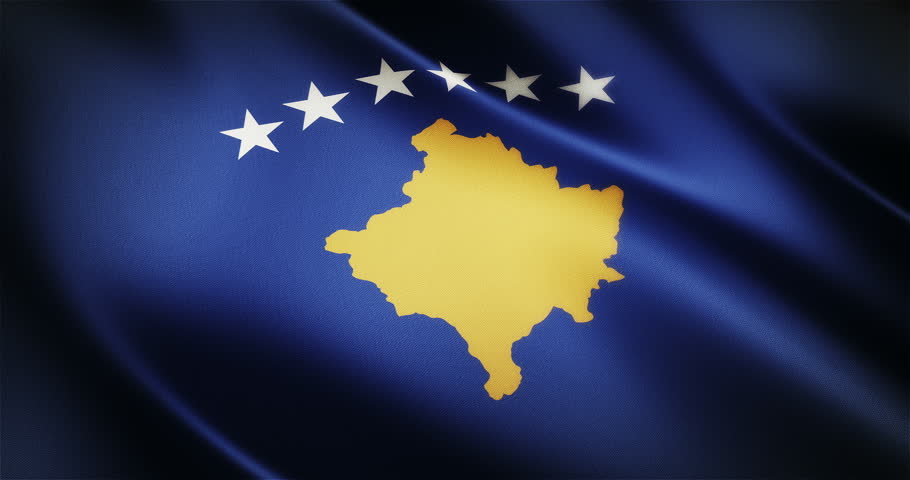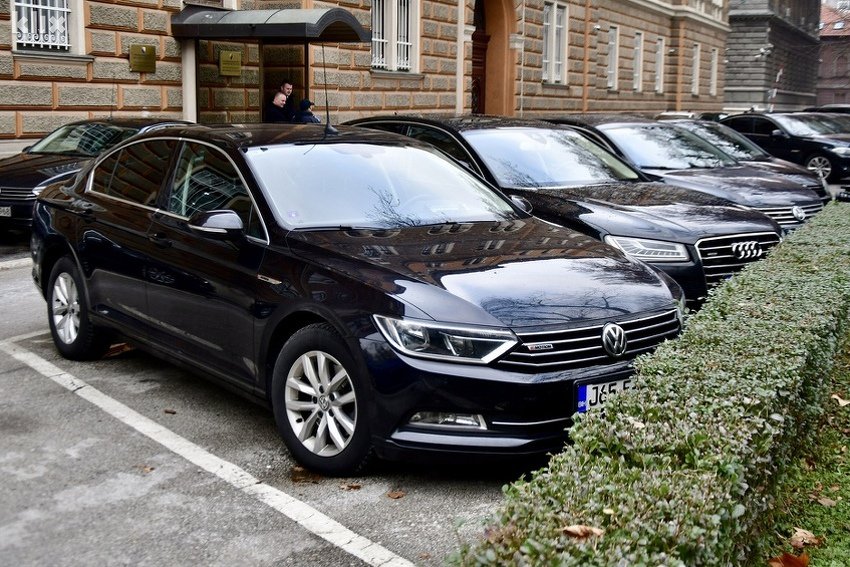The high representative of the international community for Bosnia and Herzegovina,Christian Schmidt, said in Berlin that the president of the Republika Srpska, Milorad Dodik, is leading that entity into isolation and announced that he will use all the mechanisms available to him under the Dayton Agreement against his actions.
In an interview published today by the German Deutsche Welle, Schmidt said that he does not think that Dodik is a “lost case”, but added that he is “putting the entity he leads in a difficult position”.
“Sometimes I wonder what Dodik has in mind as a model for Republika Srpska. Transnistria? He is leading his entity into isolation, and I think the time will come when the citizens of Republika Srpska will start asking him questions,” said Schmidt.
Schmidt, who was in Berlin the previous days for a meeting with members of the Bundestag’s Foreign Policy Committee and participation in a conference on reforms in Bosnia and Herzegovina, commented on allegations that members of the German parliament are dissatisfied with his actions.
After Schmidt’s appearance in the Bundestag was announced as a kind of confrontation between the German deputies and him, the high representative in BiH said that he appeared before the Foreign Policy Committee to present his work, not to defend himself.
“The Foreign Policy Committee has the right to be informed about my international activities. It was not about checking my work, but about informing the Bundestag. There were critical remarks about my work, but whoever thinks that there must be 100% support is not understood how parliamentary democracy works,” he said.
Schmidt also expressed the hope that party interests in Bosnia and Herzegovina will be put aside and that all energy will be focused on speeding up the reform process.
He stated that in the next report on the progress of Bosnia and Herzegovina, which received the status of a candidate for EU membership at the end of last year, there must be visible progress for the better.
Schmidt pointed out that we still need to work on stabilization, “especially if we take into account the tensions in Kosovo or the war in Ukraine.”
“My goal is to see that Bosnia and Herzegovina goes in the direction of independence. I don’t know exactly when that will be, but I don’t think we can rely on the function of the High Representative forever, especially if we consider the next generation that is leaving the country en masse. Yes 50 years after Dayton, do we want to have a country where the international community has the last word? I don’t think that would be good,” he added.
He also pointed to the need for a tougher fight against the glorification of war criminals and the denial of genocide, and he referred to the recent statement of Dario Kordić, convicted in The Hague for war crimes, that he does not regret his actions during the war.
“I think it is intolerable that people like Kordić walk around and tell various stories, and this should be publicly pointed out,” said Schmidt and repeated that Kordić could face legal consequences for the controversial statement.


















